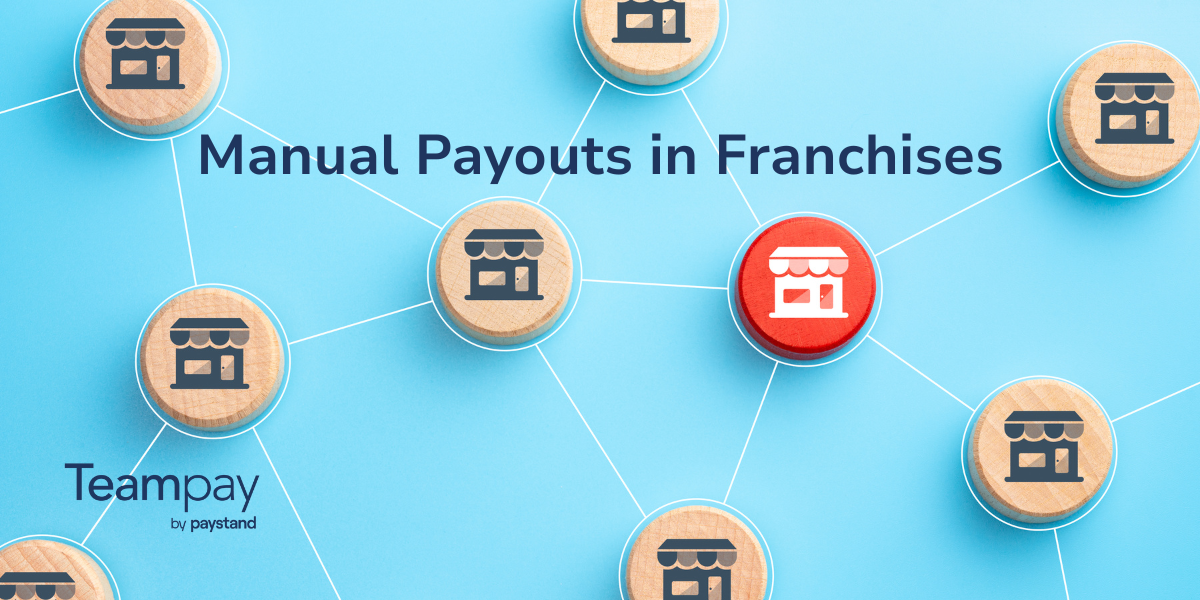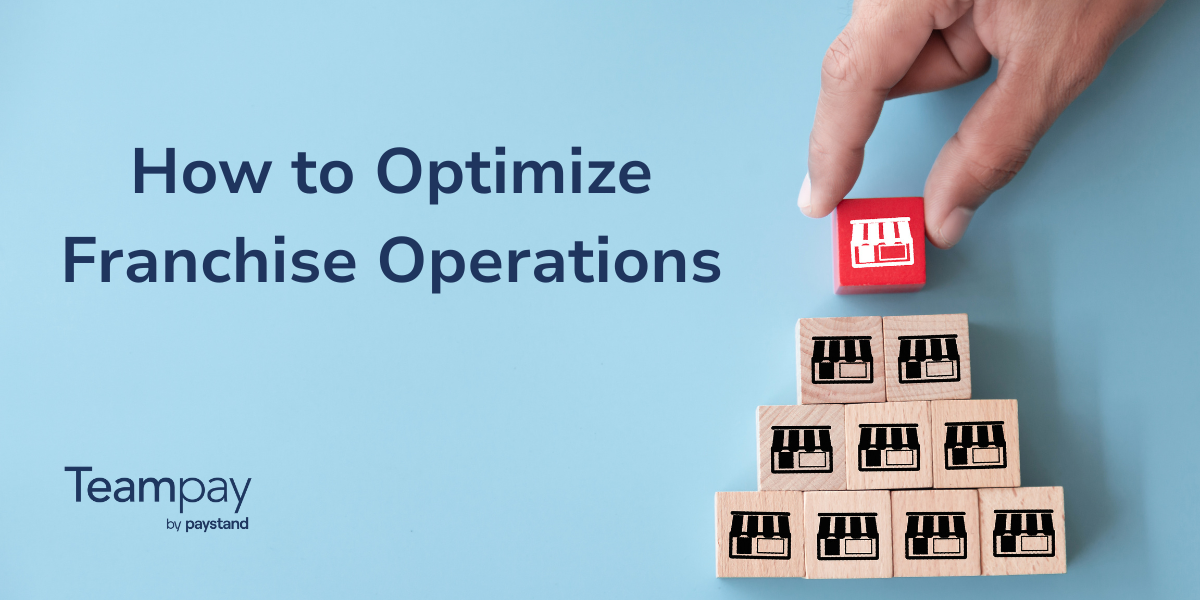An economic downturn can make or break a business. During these periods, it’s more crucial than ever for businesses to have real-time visibility into company financials in order to act on information quickly.
If your finance team doesn’t know exactly what their balance sheets look like until expense reports come in weeks later, best-guess accounting could lead to unknowingly risky financial decisions. The finance team should not have to wait until month-end to know where and when money is being spent, and to develop insights based on that data.
See how Teampay helped these companies gain financial control—and how that prepared them for long-term success.

2. Branch frees up time for its finance team to focus on strategy with a faster time-to-close.
Branch provides cross-platform linking and attribution solutions to the world’s leading digital brands.
During an economic downturn, companies need to be even more strategic in order to stay afloat and come out the other side stronger. However, this is increasingly difficult when employees are bogged down by manual tasks and slow, inefficient systems. This is especially true for the finance department. In fact, 7 in 10 finance professionals believe their platforms aren’t as strong as those of other departments. That’s why adopting Teampay was a game-changer for Branch’s finance team.
“Teampay has increased our efficiency dramatically. We can use the time-saved on reconciliation for other more important initiatives. It’s such an awesome system.” — Senior Accountant, Branch
Branch reconciles all of its credit card accounts within a couple of days now—a process which, before adopting Teampay, required north of a week. Because of the time-savings, Branch’s finance team is freed up to work on more strategic and analytical tasks that impact the growth and longevity of the business.

3. ConsenSys stays agile by updating purchase limits and budgeting finances with the click of a button.
ConsenSys is a blockchain technology company that enables developers, enterprises, and people worldwide to build next-generation applications, launch modern financial infrastructure, and access the decentralized web.
Managing company financials can be challenging even in times of economic stability. It becomes more complex when the market shifts—and the stakes are even higher. An economic recession demands that finance teams quickly develop and implement new strategies to guide their company through rough waters; in other words, they must be agile and adapt to market changes as they happen.
“I’m able to pull the trigger as fast as the team needs but with control at a level that provides satisfaction.” — VP of Finance, ConsenSys
Teampay’s policy engine allows ConsenSys’ finance team to set—and change—purchase limits in 1-click, before spending occurs. This level of agility gives Consensys the control to quickly adjust how they’re budgeting finances through any economic climate.

4. One Medical eliminates expense reports so employees can focus on what really matters.
One Medical is a membership-based primary care practice on a mission to make getting quality care more affordable, accessible, and enjoyable for all.
As a rapidly growing company, One Medical employees—most of whom make business purchases in order to do their jobs—have to move quickly. During an economic downturn, how employees spend their time becomes even more vital, and inefficient finance processes slow them down. Teampay’s intuitive purchasing process gives One Medical employees the power to buy whatever they need, the moment they need it—while maintaining financial control for the finance team.
“Our employees can get everything done for their purchases right off the bat and don’t have to deal with any kind of expense report or paper receipt later on. And that’s a great thing for us accountants because we can’t stand paper.” — Senior Accounts Payable Specialist, One Medical
With Teampay, instead of filing an expense report for every purchase, One Medical employees have a seamless spend experience from request through reconciliation. Within minutes, employees can request funds, get approval, make a purchase, and attach the receipt—all coded correctly and within company policy.
Ready to learn how Teampay can help your company maintain financial control during an economic recession? Book a demo today.












